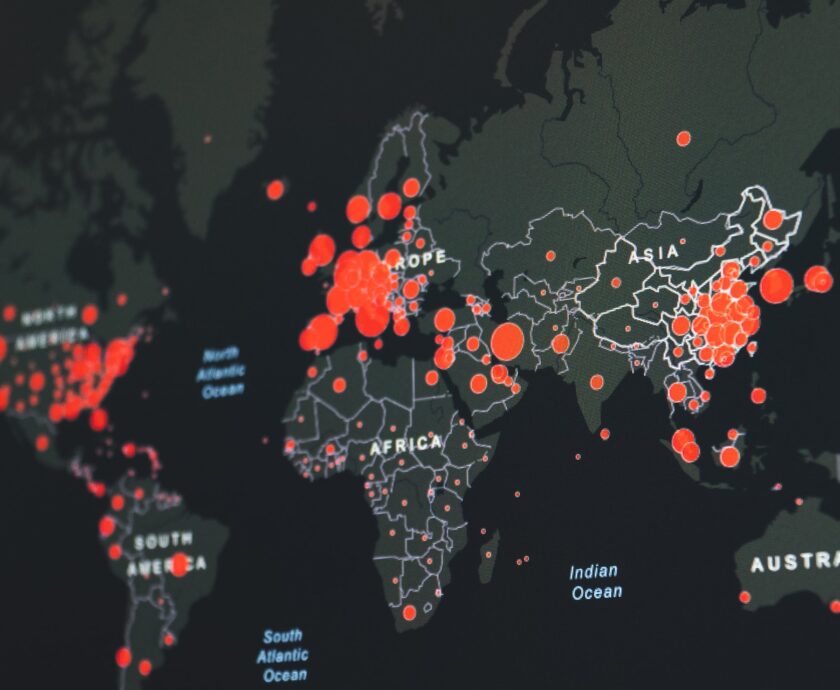The Link between Indigenous Knowledge Systems and Climate Chaos
“The result of this encounter between the two cultures is that the disadvantaged culture, which is African culture, cannot assimilate totally the dominant Western culture, and vice versa. This has led to the disadvantaged culture (African) to struggle for economic cultural emancipation, within the context of economics, whilst the dominant culture, pushes forward with its existent dominant cultural ways and methods of doing things.” ( 19, Bhengu M.J.)
NNative South Africans are a land-hungry people. The colonial programmes of displacement and illegal annexation of vast amounts of land which culminated in the ultimate land thievery policy in 1913 devastated Afrikan people and placed many generations of settlers at the forefront of the economy. Native’s had to quickly adjust their pastoral lifestyles to semi-rural, peri-urban and reservation survival mode. Means of production as well as re-creation of many cultural norms became the sole mandate of those who now owned the land as well as the labour that was meant to cultivate and benefit from it. Three decades after the advent of a democratically elected Black government and a century after the 1913 Native Lands Act, we find ourselves still suffering from the devastating spectre of landlessness and impoverished lifestyles. One would ask, where are the Traditional Leaders and the Healers that were once displaced, what is their role or response in today’s Land Question and in the era of growing consciousness about Climate Change, what can they contribute?
Writing in his book The Dialectics of Cultural Economy: Moral Economic Core, the late great Afrikological philosopher Mfuniselwa J. Bhengu states: “We believe in our home-grown economic model for self-sufficiency. The model is rooted in our culture and our natural set-up. We believe we have everything it takes to achieve self-sufficient and self-reliant communities as provided by NATURE (author’s emphasis). We build our model based on local knowledge but informed by knowledge by knowledge of other financial and economic models.” (145, Bhengu M.J)
The current generation of Indigenous Knowledge practitioners, including healers as well as traditional leaders have chance to redeem themselves. After years of decolonization efforts supplemented with projects such as former President Thabo Mbeki’s African Renaissance projects, there is a greater expectation to engage in practical implementation of what we have learned so far. As Bhengu speaks of ‘home-grown economic models for self-sufficiency’, we ought to be able to see and feel what those models look like and how they can be used to improve people’s lives. Leaders can be healers and healers can be leaders too, it simply needs to be demonstrated at community levels. The ever increasing spectre of Climate chaos which affects and will incrementally have a devastating impact on poorer communities has to be met with foresight and visionary leadership.
Traditional Leaders and Healers have to take a radically different role which is different to what our fathers and forebears did, while our elders were meek and subdued by policy makers and authorities, we can assert ourselves as self-sufficient healers of our communities. If Afrikan Traditional Healers and Leaders consider themselves sovereign beings whose authority and capability does not depend on Western norms, this has to be seen in action during deliberations around the Just Transition into Renewable Energy. The very definition of sovereignty states: “Sovereignty is in essence the existence of a legal authority that acknowledges no other supreme authority”.



